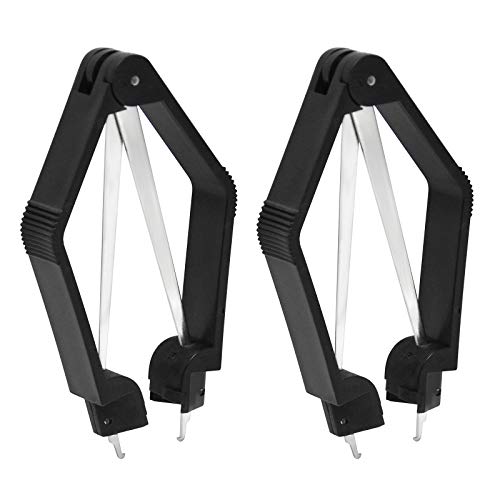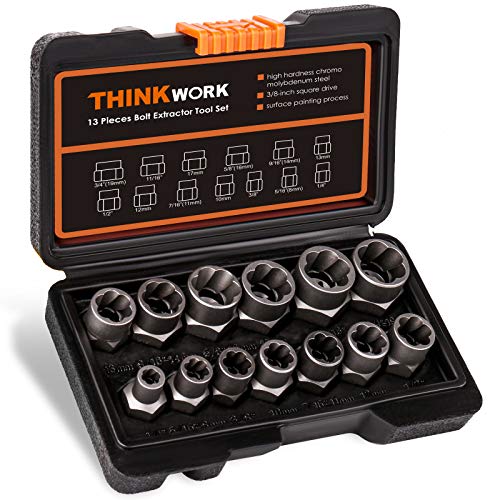My SO2 supplier informed me that I need to have a wall mounted SO2 gas leak detector with 0-20ppm detection level -
I've not used used one of these before- If a member has experience with these I would appreciate your reply-
Do they plug into a 110v receptacle to get power ? Id prefer to leave it plugged in if that's an option.
How long do they last? Do you have to replace the sensor from time to time and can you buy them separately ?
Are the ones made in China sold on Ebay OK to use ?
My SO2 cylinder will have a stainless steel specialty regulator attached to it that will allow me to leave the flow rate where I want it so I only have to open a valve to start and stop the flow. When I'm done using the gas the valve on the tank will be shut off and the gas purged from the line-
Harold didn't use a regulator and before when I used the gas I didn't either but this time I will be - just a matter of choice for me -
Thank you
GOG
Industrial grade gas detectors which are used for safety alarm purposes are always battery powered (due to possible blackout). Many are even so called "disposable", with fixed (non-replaceable) heavy duty industrial grade Li-SOCl2 battery inside, which typically last around 5-10 years. After battery dies (typically different alarm start to go signaling low battery), detector is replaced with new one (companies may offer swap for new one at discounted rate, but this is probably too old fashioned for today´s disposable era

)
Fixed battery prevents any unauthorized battery replacement - this protects both the manufacturer and mainly the user.
Detectors of this kind aren´t cheap. But nothing extreme. If there will be any incident, police/law enforcement/insurance companies will investigate the level of precautions and protection of the working enviroment and take very seriously, if there was quality, certified detector used as safety measure.
However, if we are talking just about SO2 gas, your nose and taste are probably as good detectors as industrial grade ones

Also, be prepared that mentioned detector will go off on regular basis, as these are very very sensitive. Odor threshold for SO2 for average person is below 5 ppm. Above 20-50 ppm is the concerning level (not immediately life threatening, but bad). Above these levels, your nose will be sore and you will be caughing after few moments.
With this, I did not meant to discourage from possession of good gas detector, but to point out that you will be alarmed not only from detector alarm if your tank leak










































































